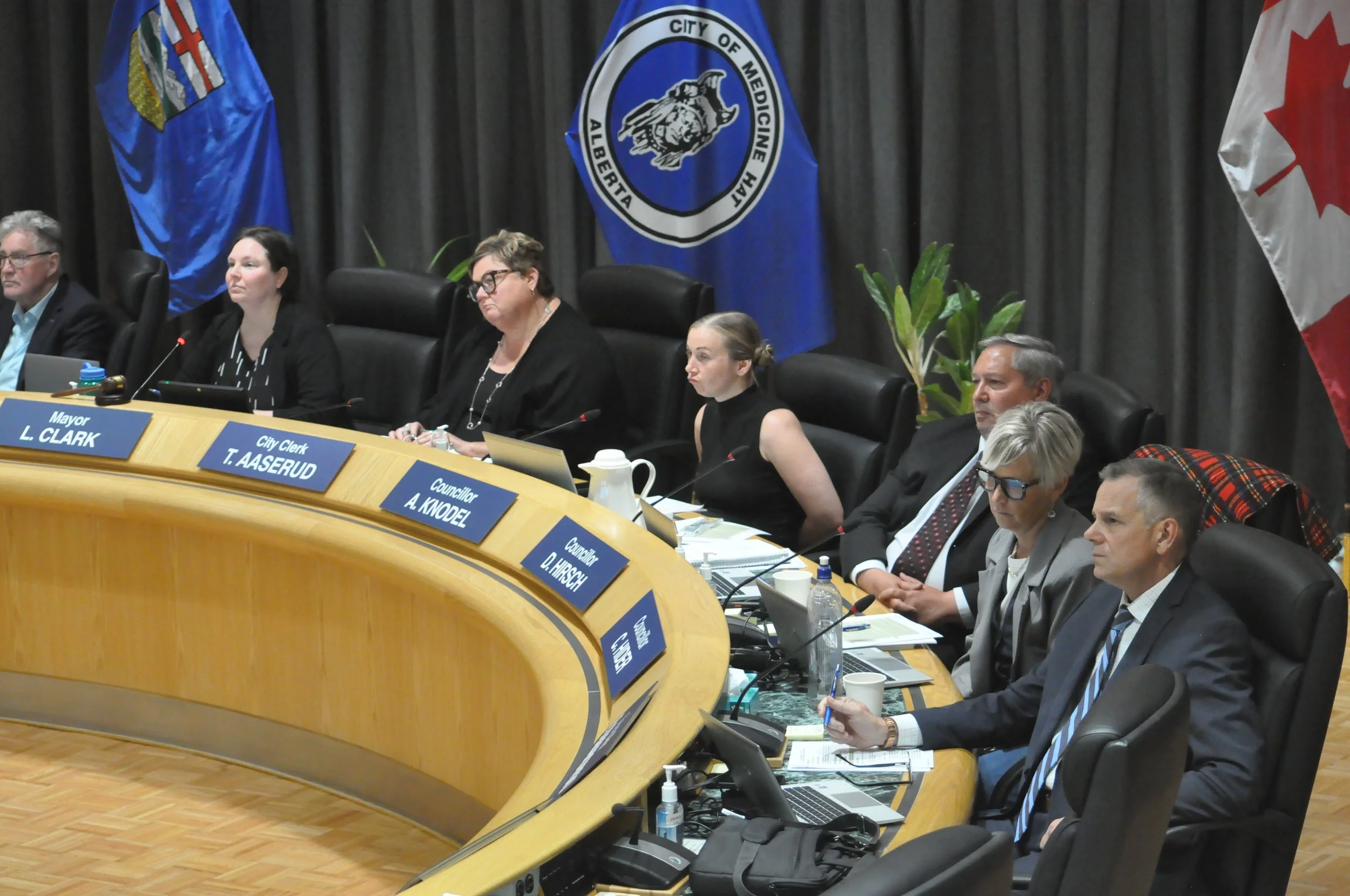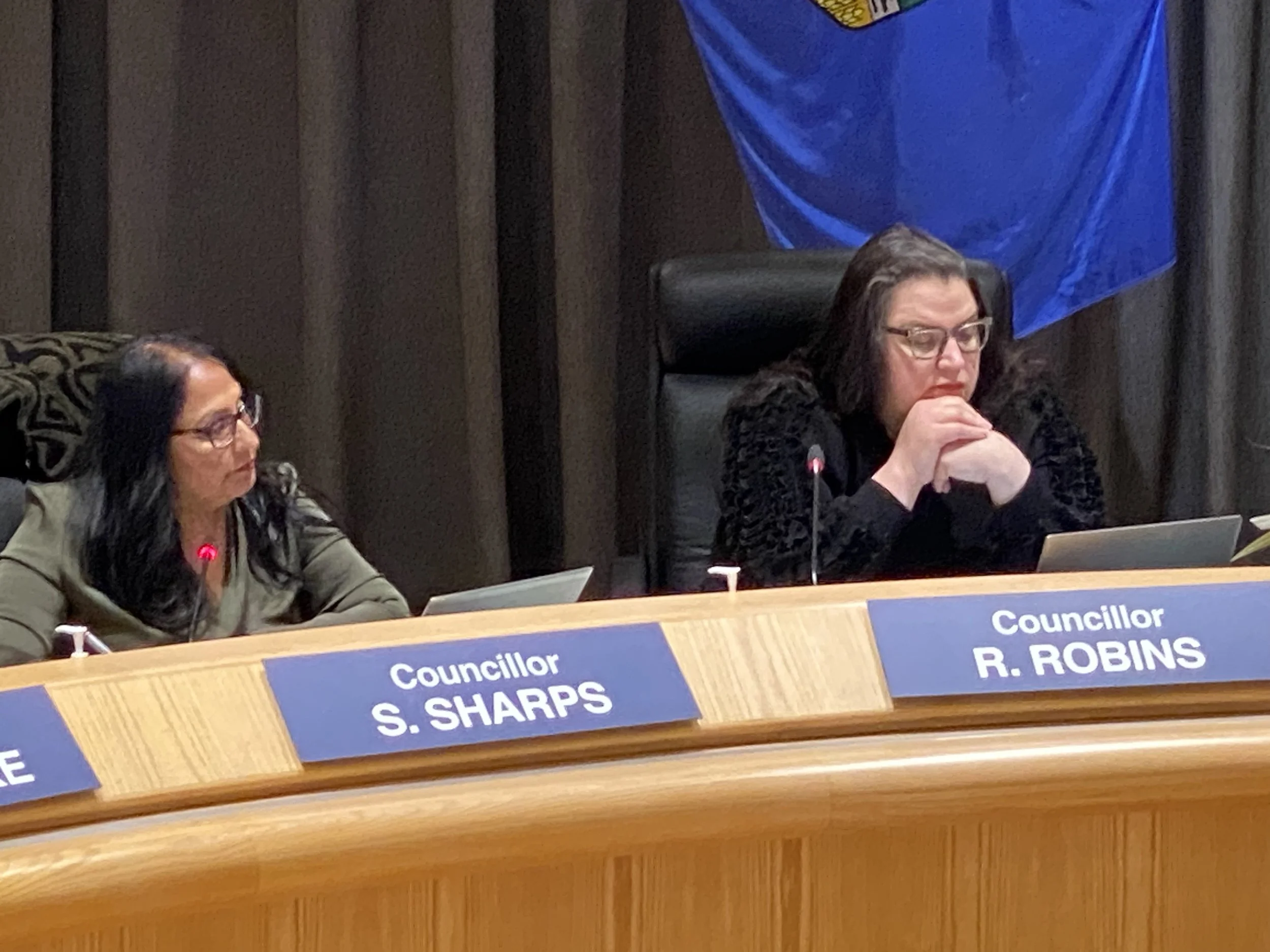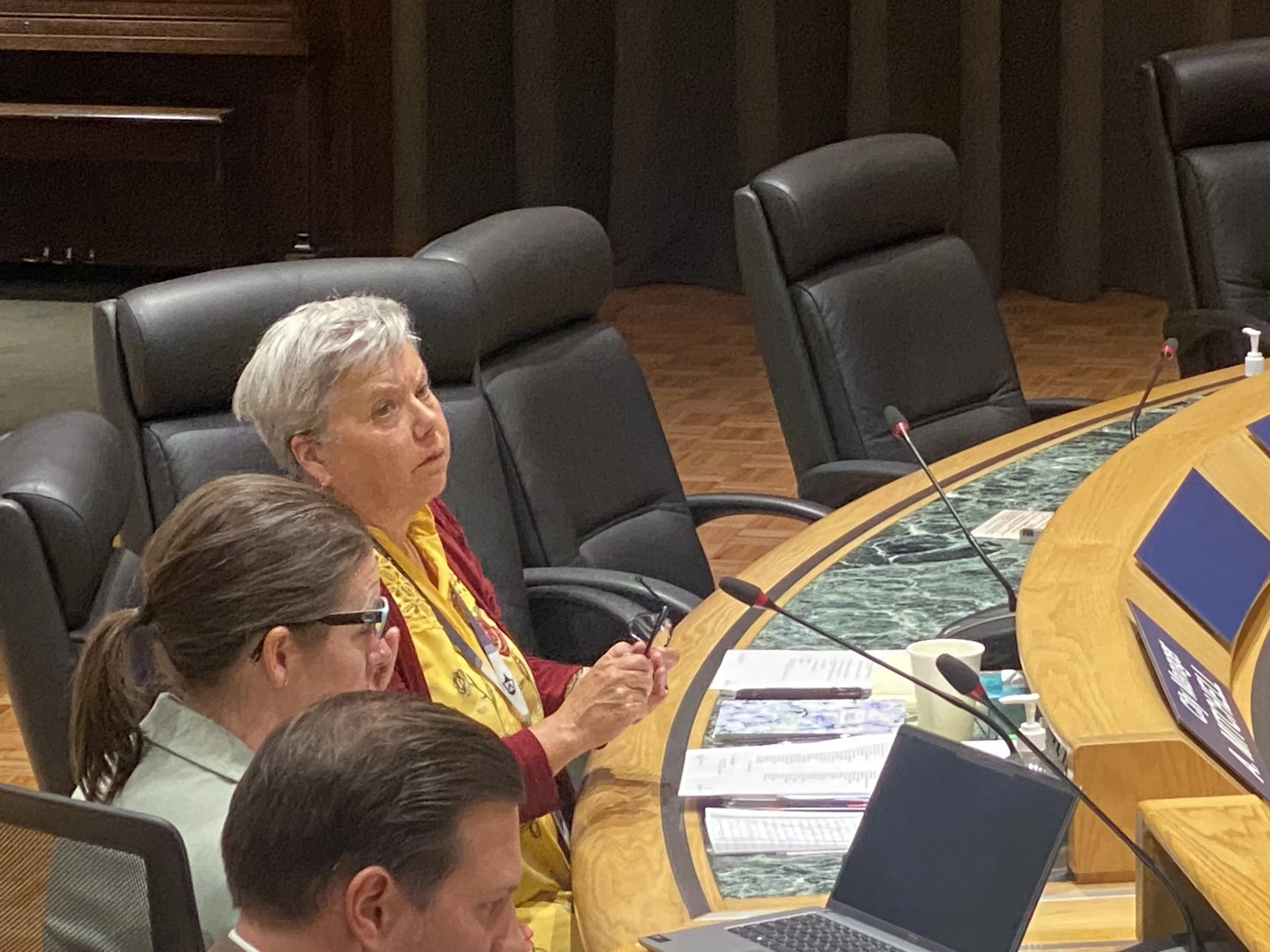Decision on the Future Management of City’s Utilities Leads Busy Council Meeting
City staff and residents at the single public engagement session pitching administration’s plan to transfer utility assets into a corporate entity with the municipality as its sole shareholder. (File Photo)
Tonight’s city council meeting is shaping up to be one of the most pivotable in years with the future operation of the municipality’s utilities, the mayor’s legal bills and the release of a provincial inspector’s report into city governance on the agenda.
Each item carries with it a considerable amount of controversy over the past two years, building to Monday’s anticipated crescendo on the trio of agenda items.
Council is scheduled to first deal with a bylaw which will put in motion the creation of a municipally controlled corporation (MCC). If passed, the bylaw will start the process of moving the city’s electrical generation assets along with power and gas transmission infrastructure into the MCC.
That will be followed by a bylaw to create a rate-review committee (RRC) tasked with overseeing fair utility charges.
The MCC and RRC bylaws include more than $4 million in start up fees which would come from the city’s Energy Transition Reserve Fund established less than a year ago. According to the municipality’s financial reserves policy, that fund’s stated purpose is, “to support the funding of the transition of the city’s energy infrastructure to achieve a net zero emissions target.”
Both bylaws include resolutions which, “directs and authorizes the city manager to do all things necessary or advisable in order to implement the direction contemplated,” to establish the MCC and RRC.
The proposed bylaws come following a late-June public hearing on establishing a MCC and RRC as well as multiple presentations previous to that regarding the city’s utility business.
(File Photo)
The issue of the Mayor Linnsie Clark’s reimbursement of her more than $75,000 in legal fees is scheduled to follow the MCC/RRC debate. Those fees stem from an independent legal opinion sought regarding whether council was following its own procedures. Specifically, those procedures tied to a corporate restructuring. The total amount also includes legal expenses incurred by Clark for a subsequent judicial review of sanctions placed on her.
The independent legal opinion found the city wasn’t following its own procedures.
Both issues were linked to an August 2023 council meeting in which the mayor presented the legal opinion in open council, questioning city manager Ann Mitchell’s actions regarding the corporate restructuring. That questioning led to an investigation that resulted in the mayor’s position being one in name only after a raft of sanctions were voted on by councillors that included removing nearly all Clark’s mayoral powers and slashing her salary in half.
Clark filed for a judicial review of those sanctions in the spring of 2024 and a Court of King’s Bench hearing held in August 2024. In the written decision, the justice found there was a breach of the municipality’s code of conduct by the mayor for not treating Mitchell with courtesy and respect. However, the justice also ruled the sanctions placed on the mayor were unreasonable and city councillors appeared to have, “no sense of proportionality.”
(File Photo)
The fees, in part, are to also cover legal expenses incurred following Mitchell threatening to sue the mayor for defamation in November 2023. Council voted last fall to reimburse Mitchell for her legal fees linked to that matter despite the city manager receiving a “refusal notice” for such a payment. Under the city’s indemnity policy, a refusal notice is issued if a third-party review of a defamation claim is rejected due to the lack of viability.
The legal fee reimbursement matter has been on the agenda multiple times since April only to be put off with the legitimacy of the process of having it heard at all being raised the last time it was before council on June 16.
While the provincial inspector’s report is currently the third issue scheduled to be heard chronically, it will likely be the most impactful for city council in the short-term.
Coun. Andy McGrogan made the motion calling on the province to launch the inspection at the first council meeting after the judicial review decision in September 2024.
A ministerial order issued in October responded to that request outlining five points of focus for the inspection.
(File Photo)
The inspector’s mandate includes examining council making decisions outside of council meetings, processes for approving unbudgeted expenditures, policies and procedures relating to creating and changing staff positions. They also include looking at whether council is engaging in administrative functions along with its adherence to respectful workplace policies.
A caveat included in the ministerial order also allows the inspector to go further.
“As part of the inspection, the inspector shall also inspect any other matters or issues that he determines to be necessary to prepare the report,” according to the order.
The report is anticipated to be posted on both the city’s and Alberta’s Municipal Affairs websites.
The regular council meetings starts at 6:30 pm.





